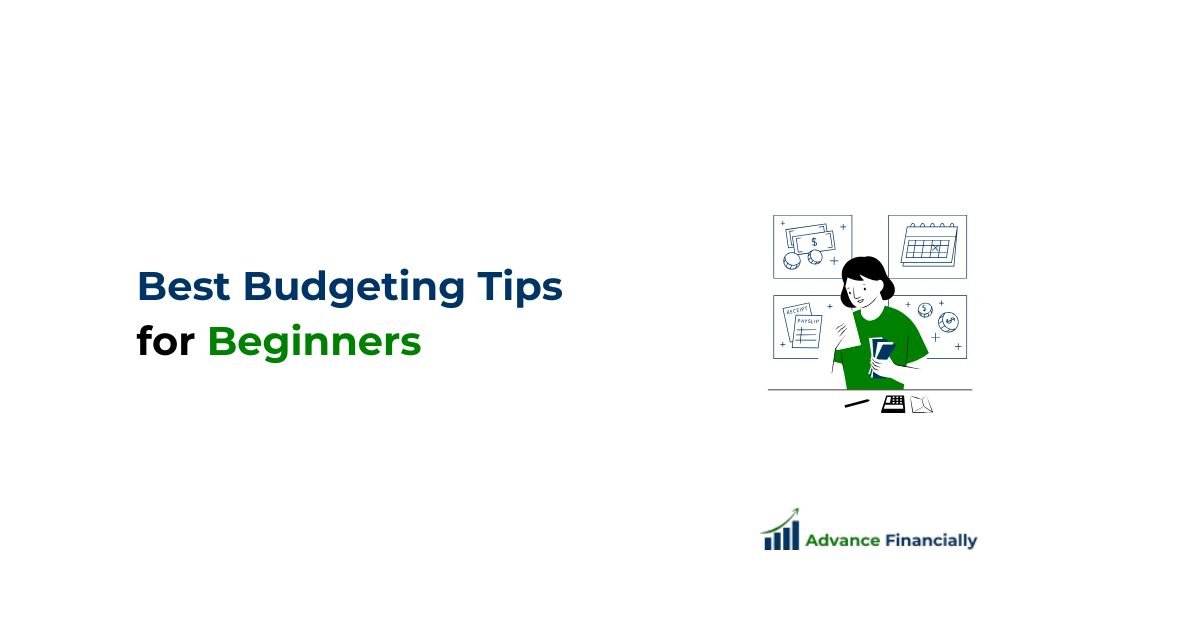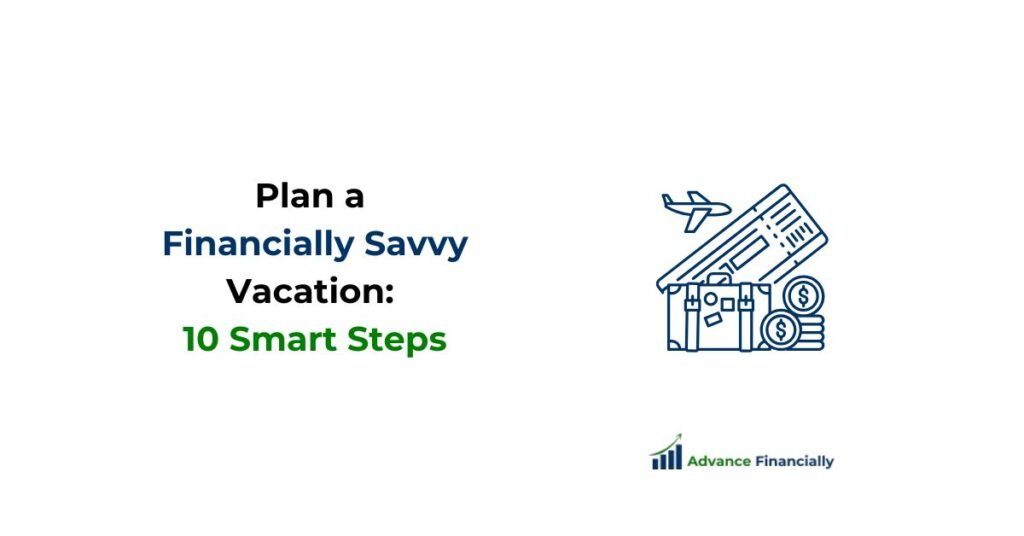
Are you tired of wondering where your money disappears at the end of each month? You’re not alone. In fact, many people struggle with financial management. Though, the key to financial freedom is simpler than you think. It is budgeting. If you’re new to managing your finances, these budgeting tips for beginners will help you take control, eliminate stress, and build long term financial security. So, let’s dive in!
Why Budgeting Matters
Many shy away from budgeting, assuming it’s restrictive or complicated. But think about it: would an army go to battle without a strategy? Of course not! Similarly, your finances are no different. Basically, budgeting isn’t about limiting yourself. Rather it’s about giving your money direction and purpose.
In addition to this, a budget ensures that every dollar you earn is assigned a task. As a result, it helps you save, invest, and spend wisely. In fact, studies show that most people do not maintain a written budget. So, if you want to gain financial freedom, it’s time to take charge.
Identify the Problem: Where Does Your Money Go?
Have you ever reached the end of the month, wondering where all your money went? If so, you’re not alone. The culprit, more often than not, is a lack of visibility. Without a clear understanding of where your money is going, it silently disappears without a trace. Therefore, the first and most crucial step toward financial success is tracking your expenses. By doing so, you gain control over your spending habits and pave the way for smarter financial decisions.
Solution: The Power of Knowing
Start by tracking your expenses. There is no need to turn into Sherlock Holmes. Instead, you just use a simple spreadsheet, a budgeting app, or your banking app. Thus, knowing where your money goes puts you in control.
Categorize Your Expenses
Before managing your spending, you need to track it. To get started, print out your last three months of bank statements and categorize your expenses into five key groups:
Essentials: Must Have Expenses
- Rent or mortgage payments
- Utilities (electricity, water, gas, internet)
- Groceries
- Transportation (gas, public transport, car payments)
- Health insurance
Security: Financial Stability Boosters
- Emergency fund contributions
- Debt repayment (excluding credit card expenses for essentials)
- Insurance (life, disability, home, auto)
Goals: Long Term Financial Priorities
- Buying a house
- Starting a business
- Saving for a major purchase or trip
Lifestyle: Day to Day Quality of Life
- Personal grooming (haircuts, skincare)
- Gym memberships
- Pet care
- Gifts for loved ones
Discretionary Spending: Non Essential but Enjoyable Expenses
- Dining out
- Entertainment (movies, concerts, video games)
- Hobbies and leisure activities
- Shopping for non-essentials
With these categories in place, you can assign your funds wisely and adjust where necessary.
Smart Budgeting Methods for Beginners
Now that you’ve categorized your spending, it’s time to choose a budgeting method that works for you. Here are five effective approaches:
1. Zero Based Budget: The Hero of Precision
- Problem: Money slipping through the cracks.
- Solution: Give every dollar a mission—income minus expenses equals zero.
- Assign a job to every dollar in your budget to eliminate financial waste.
2. Pay-Yourself-First Budget: Savings’ Best Friend
- Problem: Struggling to save money.
- Solution: Prioritize savings and debt payments first, then spend the rest.
- Automate savings by setting up direct deposits to your savings account before spending on anything else.
3. Envelope System Budget: Cash is King
- Problem: Overspending on non-essentials.
- Solution: Use cash-filled envelopes for different spending categories.
- Once an envelope is empty, you can’t spend more in that category—simple and effective.
4. 50/30/20 Budget: The Balanced Approach
- Problem: Overcomplicated budgeting.
- Solution: Divide income into three categories:
- 50% for needs
- 30% for wants
- 20% for savings and debt repayment
- This method provides a structured yet flexible approach to managing finances.
5. No-Budget Budget: Freedom’s Advocate
- Problem: Traditional budgets feel too restrictive.
- Solution: Track spending loosely, ensure savings are automated, and spend within your means.
- This method works well for those who are naturally disciplined with their spending.
Pro Tips to Make Budgeting Easier
1. Write It Down
A successful budget starts with a written plan. Before the month begins, assign every dollar a purpose. Writing down your budget reduces stress, improves financial clarity, and boosts efficiency.
2. Use Budgeting Tools for Simplicity
Thankfully, budgeting doesn’t have to be complicated. There are tools like Mint, YNAB (You Need a Budget), EveryDollar, and PocketGuard make the process seamless. Thus, in just 10 minutes, you can create a budget and start managing your money effectively.
3. Build an Emergency Fund
- Initially, aim for e.g. $500 initially.
- Then, gradually build towards 3-6 months’ worth of expenses.
4. Stick to the Budget: No Exceptions
Once your budget is written, commit to following it. Do not spend money on anything that isn’t in the budget without adjusting your plan accordingly. So, this disciplined approach prevents overspending. Plus, it helps you stay on track with your financial goals.
5. Eliminate Debt with the Snowball Method
A budget isn’t just about tracking expenses. Rather, it’s a tool to eliminate debt. So, start by listing your debts from smallest to largest (except your mortgage). Also, make minimum payments on everything except the smallest debt, which you should attack with intensity. Once the smallest debt is gone, roll that payment into the next debt, creating a “snowball” effect until you’re debt free.
6. Cut Unnecessary Expenses
One of the fastest ways to improve your finances is by cutting unnecessary spending. If you’re struggling, consider avoiding restaurants, vacations, and impulse purchases. A budget requires sacrifices, but the more you cut back, the faster you’ll reach financial freedom.
7. Increase Your Income
If your budget doesn’t balance, you have two options. Either cut expenses or increase your income. Find ways to earn extra money through side hustles, part-time work, or selling unused items. As the goal is to create enough financial breathing room to save and invest for your future.
8. Plan for Generosity and Financial Growth
Financial freedom isn’t just about saving. Rather, it’s also about giving. When you have control over your money, you’re in a better position to help others. Whether it’s donating to charity or helping a friend in need, budgeting allows you to be generous without financial strain.
Bottom Line
Budgeting is not about restriction. Rather it’s about financial empowerment. When you take control of your money, you reduce stress, eliminate debt, and create a path to long-term financial success. Start today by writing down your budget, cutting unnecessary expenses, and sticking to your plan. The sooner you begin, the faster you’ll achieve financial independence!
So, why wait? Start by creating your budget today and watch how it transforms your financial future!
What are your best budgeting tips? Share them in the comments below!


